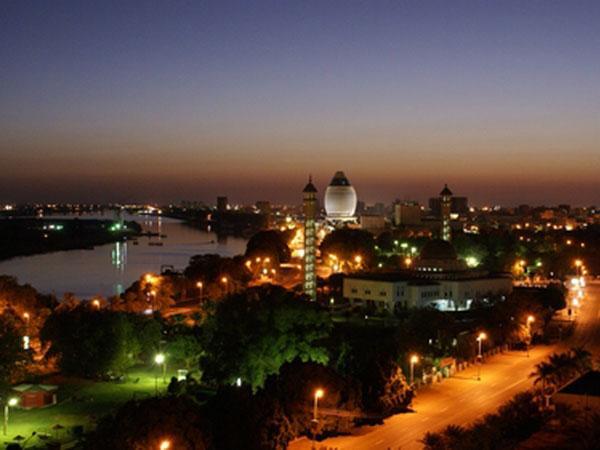A coalition of humanitarian NGOs in Sudan has warned that the shutdown of telecoms services in the midst of the country’s civil war is making a massive humanitarian crisis even worse, and urged all stakeholders – including Starlink – to restore services as soon as possible.
A nationwide telecoms shutdown in February left almost 30 million Sudanese without access to the internet or telephone calls for more than a month. While some levels of services have since been restored in the east part of Sudan, large parts of the country – including the Darfur region, and parts of Khartoum and the Kordofans – remain disconnected from network providers such as Zain, MTN and Sudani, according to an open letter from the Norwegian Refugee Council (NRC) released earlier this week.
In some areas, the only available service has been via satellite connectivity services like Starlink. The NRC letter said that civilians and local responders, such as emergency response rooms (ERRs), often connect through informal Starlink internet cafes.
However, Starlink is not licenced to operate in Sudan, and the military government has ordered people not to use the service, in part because the paramilitary Rapid Support Force (RSF) has reportedly been using Starlink terminals to communicate.
Last month, Starlink said it would halt roaming services to countries where it doesn’t have an operating licence effective April 30, although various media outlets have reported that Starlink remains accessible in Sudan.
The NRC letter said that services like Starlink remain critical for international humanitarian organizations and local responders to remain operational in unconnected parts of Sudan. The letter warned that shutting down Starlink “would have a disproportionate impact on civilians and the aid organizations who are trying to reach them.”
The NRC letter also said military attacks on telecoms infrastructure, as well as government-ordered shutdowns, have “severely affected civilians’ ability to cope with the effects of the war, as well as aid workers’ capacity to deliver essential services, with local responders most severely impacted.”
In the midst of the fighting, civilians need internet access to not only share and receive critical and lifesaving information, including safe areas and routes, but also access cash and bank transfers so they can purchase basic necessities like food and water, the NRC said.
Meanwhile, local aid groups, who have been the first and main responders in most conflict-affected parts of the country, rely heavily on telecoms to reach vulnerable communities and receive funding for their activities. Humanitarian organizations also need connectivity to coordinate and deliver relief efforts safely, particularly to provide cash assistance into the most remote areas.
“Any shutdown of telecoms services is a violation of human rights and may be considered to be a collective punishment that will not only isolate individuals from their support networks but also exacerbate the already dire economic situation facing millions,” the NRC said.
The letter – which was signed by 94 humanitarian, civil society, human rights organizations and members of the #KeepItOn coalition – calls for all stakeholders to ensure the uninterrupted provision of telecoms services in Sudan, as well as for parties on both sides of the conflict to stop attacking, destroying, damaging or shutting down telecoms infrastructure, and allow repairs to be made.
The letter also said restrictions on satellite services and importation of satellite internet devices should be lifted.
The NRC letter also said service providers need to ensure connectivity by “diversifying the means to access the internet, such as solutions based on satellite (including, though not limited to, Starlink) and WiMAX technology, or the use of e-SIMs near the country’s borders.”
Meanwhile, development donors and financial institutions should support long-term development of the telecoms sector by promoting decentralized infrastructure and reducing barriers for smaller businesses to enter the telecoms market, the letter said.
Finally, the NRC also called on the UN to increase emergency telecoms capacity in Darfur and the Kordofans through the Emergency Telecommunications Cluster.
The NRC said that over a year of relentless warfare and indiscriminate violence has led to Sudan becoming the world’s worst displacement crisis and is on the brink of becoming the world’s worst hunger crisis. In total, nearly 25 million people – more than half of Sudan’s population – need humanitarian aid.
MORE ARTICLES YOU MAY BE INTERESTED IN…
Source link : https://developingtelecoms.com/telecom-business/humanitarian-communications/16716-telecoms-shutdown-making-sudan-s-humanitarian-crisis-worse-ngos.html
Author :
Publish date : 2024-05-17 07:00:00
Copyright for syndicated content belongs to the linked Source.
